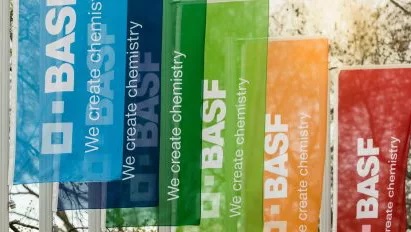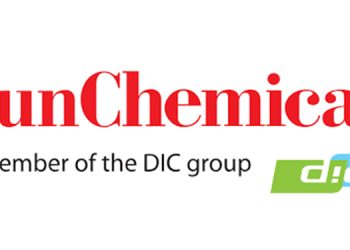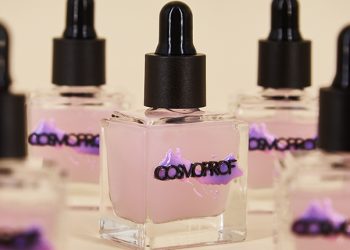BASF Personal Care has published the first progress report for its Responsibly Active sustainability program. Launched in 2022, the program focuses on the company’s bioactives portfolio for personal care applications and includes clear commitments and action plans for the coming decade to protect natural resources, empower people along the botanical value chain, and reduce the climate impact and operational footprint. After the first year, BASF can record important successes in all three areas. “We are happy to prove that business and a responsible approach to people, resources and the environment can go hand in hand,” said Lucilene Veira Nunes, Head of Business Management for Bioactive Ingredients, EMEA.
Protecting natural resources
BASF has been on a sustainable sourcing journey for almost 20 years offering certified sustainably sourced palm (kernel) oil and more recently offering other large volume raw materials like coconut oil and castor oil in respective sustainable sourcing certification schemes. The Responsibly Active program now concentrates on the smaller volume but also impactful botanical supply chains for bioactives. Since launching Responsibly Active, BASF has implemented initiatives that further maximize the use of renewable resources and organic farming practices. The company is dedicated to protecting local biodiversity, avoiding land degradation and deforestation in their supply chains. One key goal the company has committed to is to make 100% of its botanical supply chains traceable to the source by 2030. Through advances like a new digital tool that tracks every step of argan oil production, BASF can now trace 98% of its botanical supply chains to the country of origin and 42% to the source.
Empowering people along the value chain
BASF works closely with stakeholders along the value chain to support and promote diverse and equitable work, including women and smallholder farmers in their efforts. One example of BASF’s commitment in this area is the company’s collaboration with botanical suppliers and NGOs to foster the long-term development in local communities along their Moringa supply chain in India. A major achievement was implementing free medical care for cattle and training courses in honey production to help women and their families generate a diversified income.
Reducing climate impact and operational footprint
By further optimizing its process efficiency and building performance, BASF’s Pulnoy, France bioactives production site has managed to surpass its 2025 goals of using 15% less water and saving 25% of energy for every ton of product leaving the site, compared to 2016. For the remaining energy demand on site, the company switched its power supply to renewable energy, resulting in a reduction of around 130 tons of CO2 per year.
“Today we are happy to see that our journey towards greater sustainability is making real progress and that we are on the right track. This motivates us and spurs us on to strive even harder – together with customers, employees, suppliers, partners, and everyone involved along the entire bioactives value chain,” said Veira Nunes.














